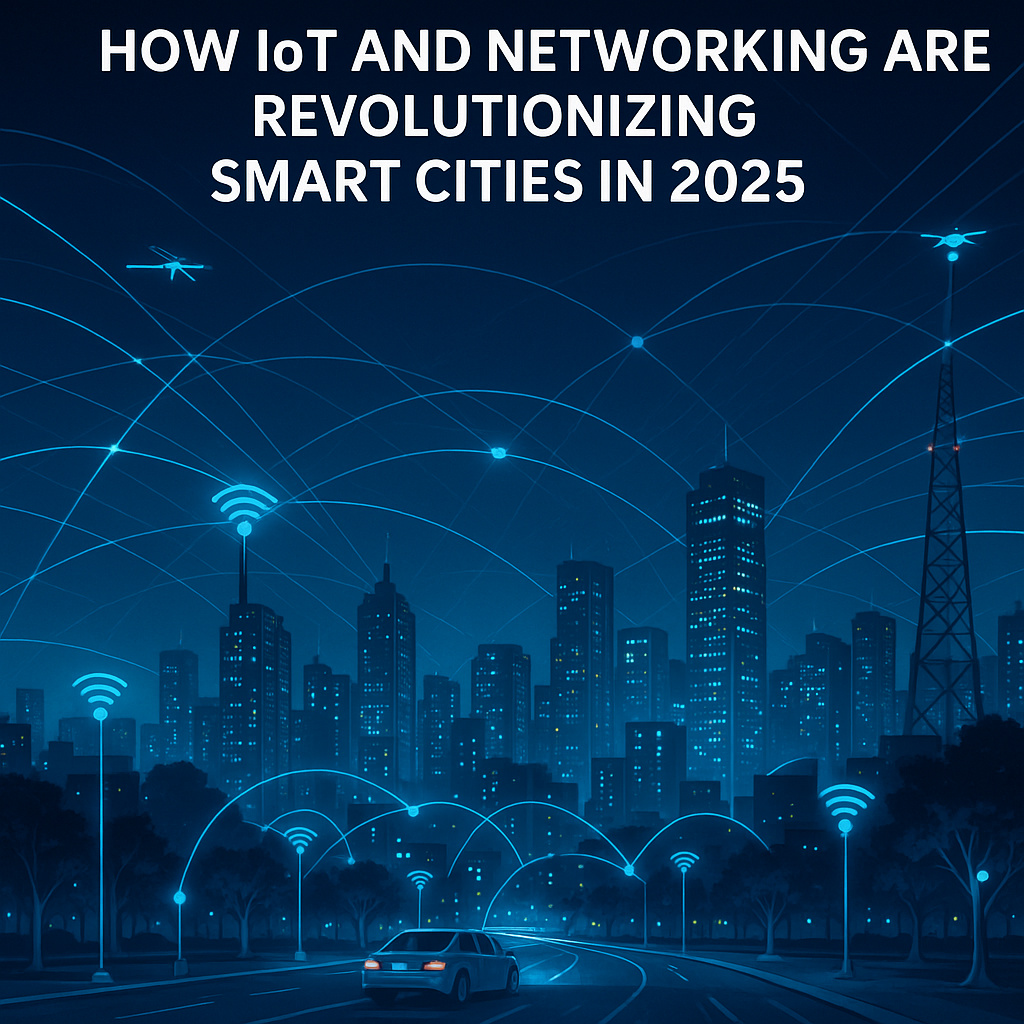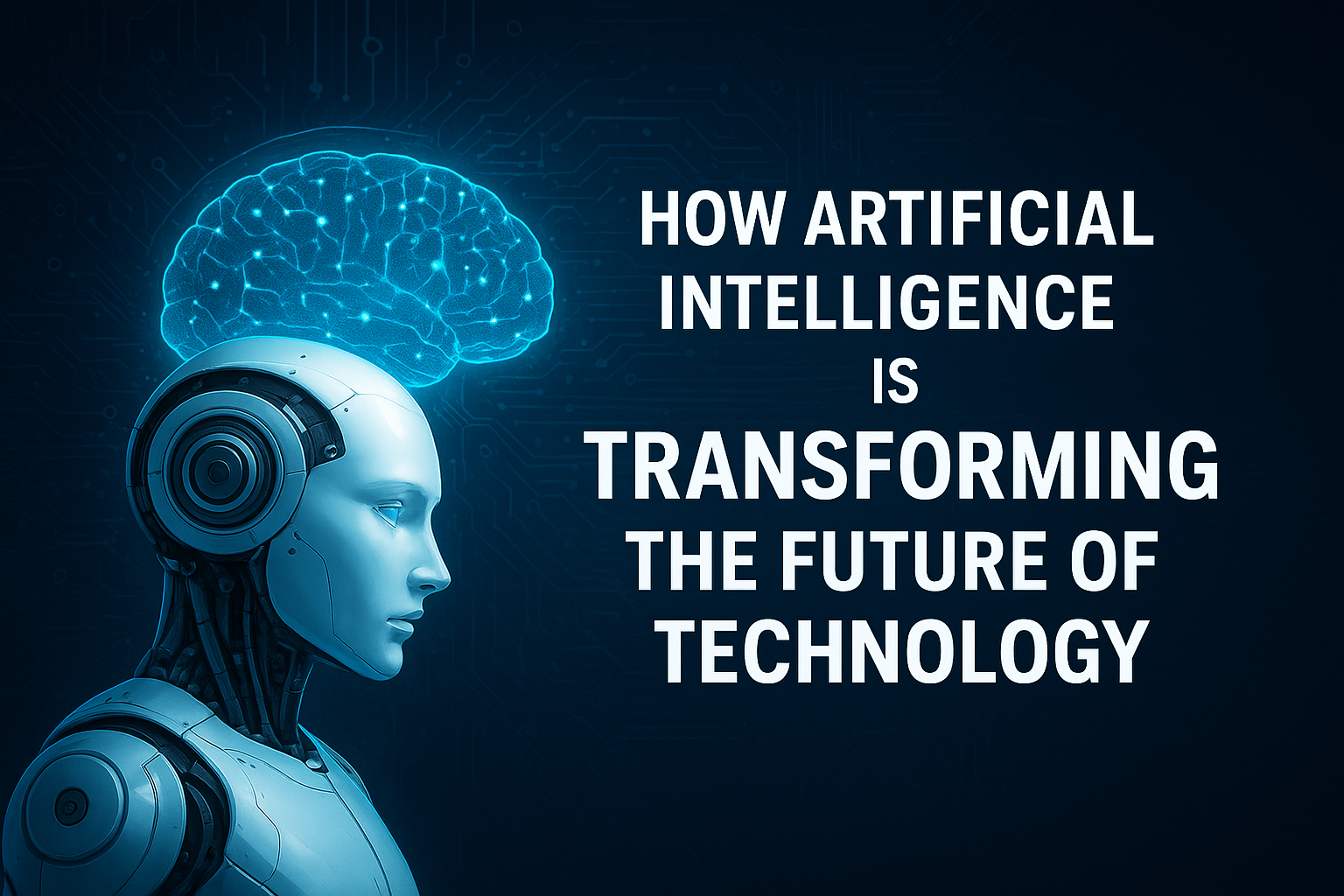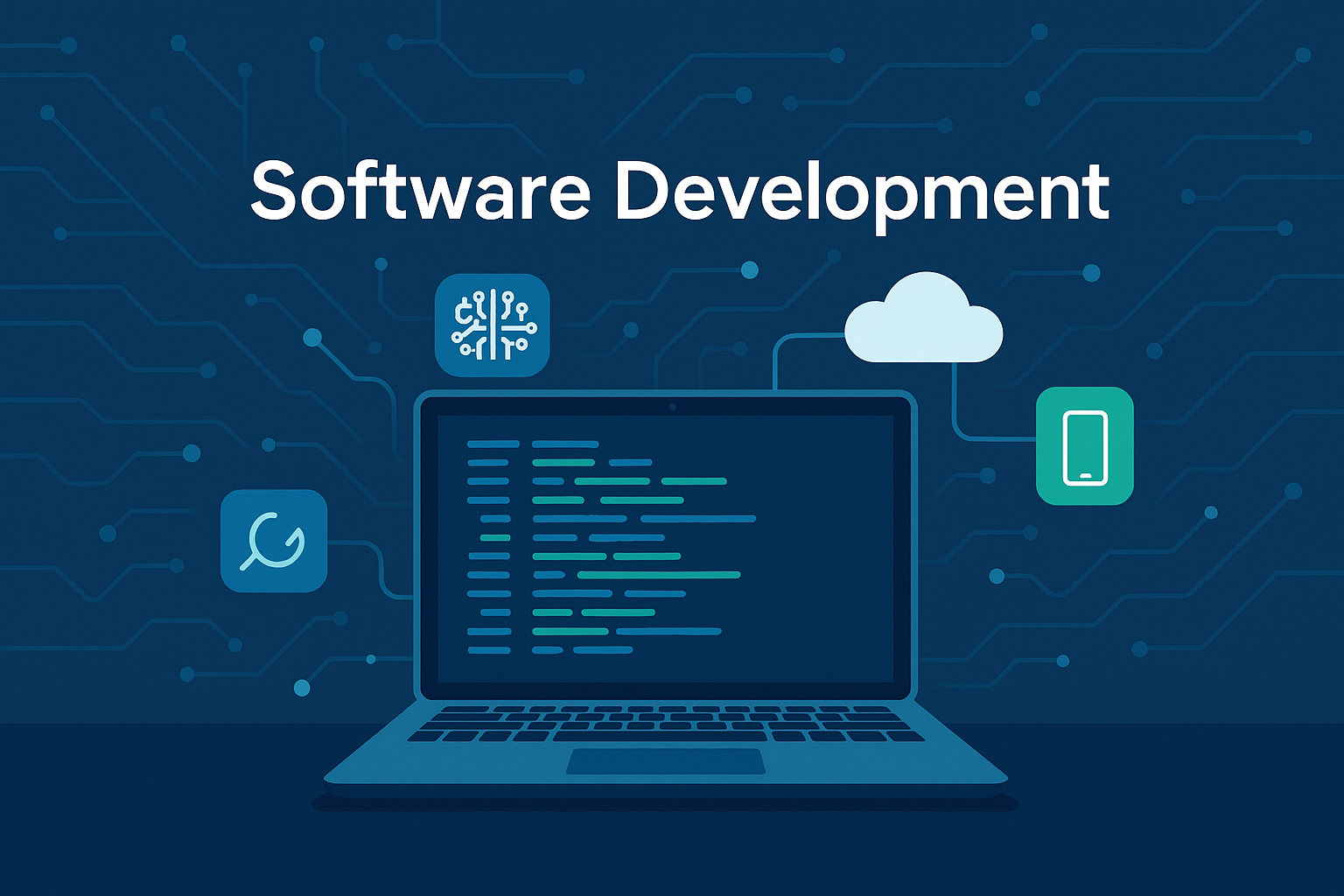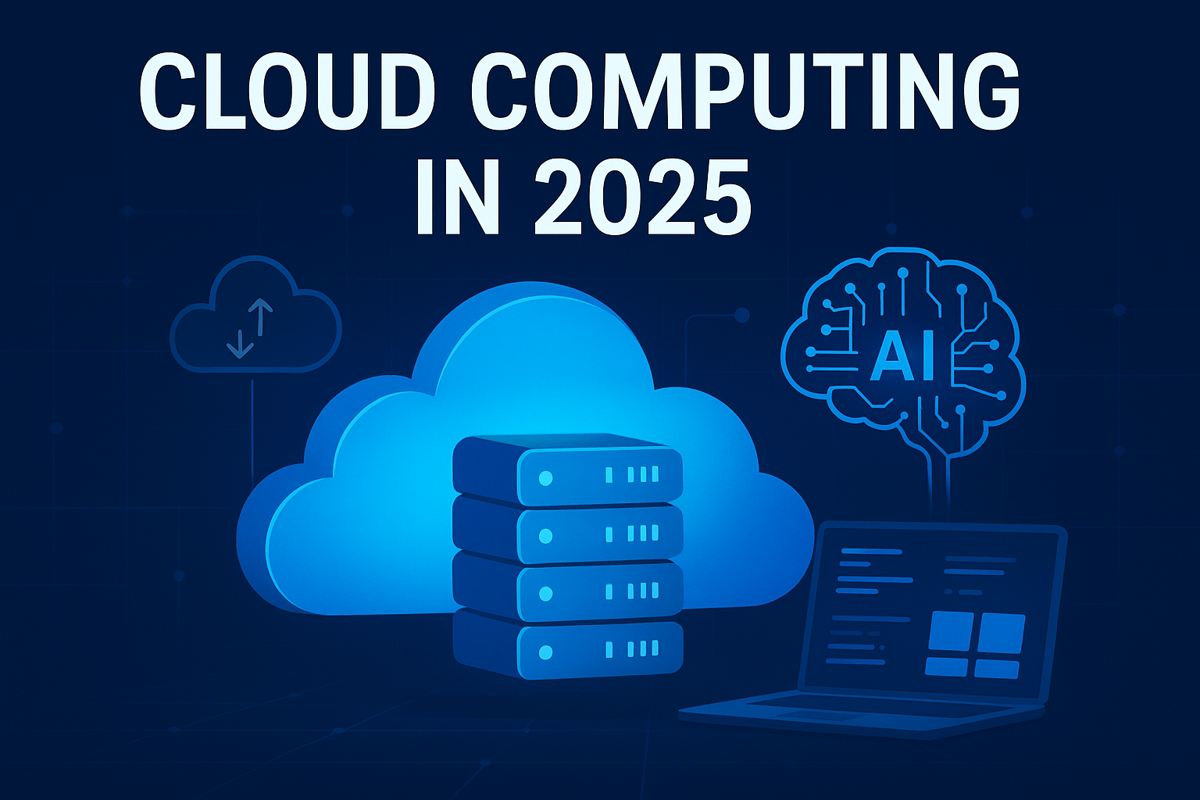
How IoT and Networking Are Revolutionizing Smart Cities in 2025
Explore how the Internet of Things and advanced networking are turning contemporary cities into smart, interconnected centers.
The Internet of Things (IoT) has emerged as a critical element of digital transformation, linking billions of devices that communicate effortlessly through advanced networks. As we approach 2025, the integration of IoT with next-generation networking technologies such as 5G and edge computing is transforming urban environments — giving rise to genuinely smart cities.
🌆 1. Smarter Infrastructure
Smart sensors continuously monitor infrastructure such as bridges, roads, and public utilities. These systems identify maintenance requirements, minimize costs, and avert accidents by notifying authorities before problems escalate.
🚦 2. Intelligent Traffic Management
IoT-enabled traffic management systems employ connected cameras and sensors to observe congestion, dynamically adjust signals, and shorten commute times. The integration with 5G guarantees low-latency communication for real-time updates.
🌳 3. Environmental Monitoring
Air quality sensors and IoT-driven waste management systems assist governments in making data-driven choices to safeguard public health and enhance sustainability.
🏙️ 4. Smart Energy Grids
Networking and IoT collaborate to balance energy supply and demand. Smart meters analyze usage patterns, enabling utilities to optimize distribution and minimize energy waste.
🚔 5. Enhanced Public Safety
IoT cameras, emergency alert systems, and AI-driven surveillance tools assist police and municipal agencies in ensuring faster response times and safer communities.
⚙️ 6. Role of 5G and Edge Computing
The effectiveness of IoT relies heavily on connectivity. With the advancements of 5G and edge computing, data is processed closer to its source, increasing speed, efficiency, and reliability for real-time decision-making.
🌐 The Future of Smart Cities
By 2030, it is anticipated that more than 70% of global cities will implement IoT-based smart solutions. This progression won't merely enhance convenience — it will revolutionize sustainability, governance, and quality of life.
In conclusion, IoT and networking represent not only technological innovations; they are the foundation of a connected future where cities become more efficient, secure, and responsive to the needs of their residents.




